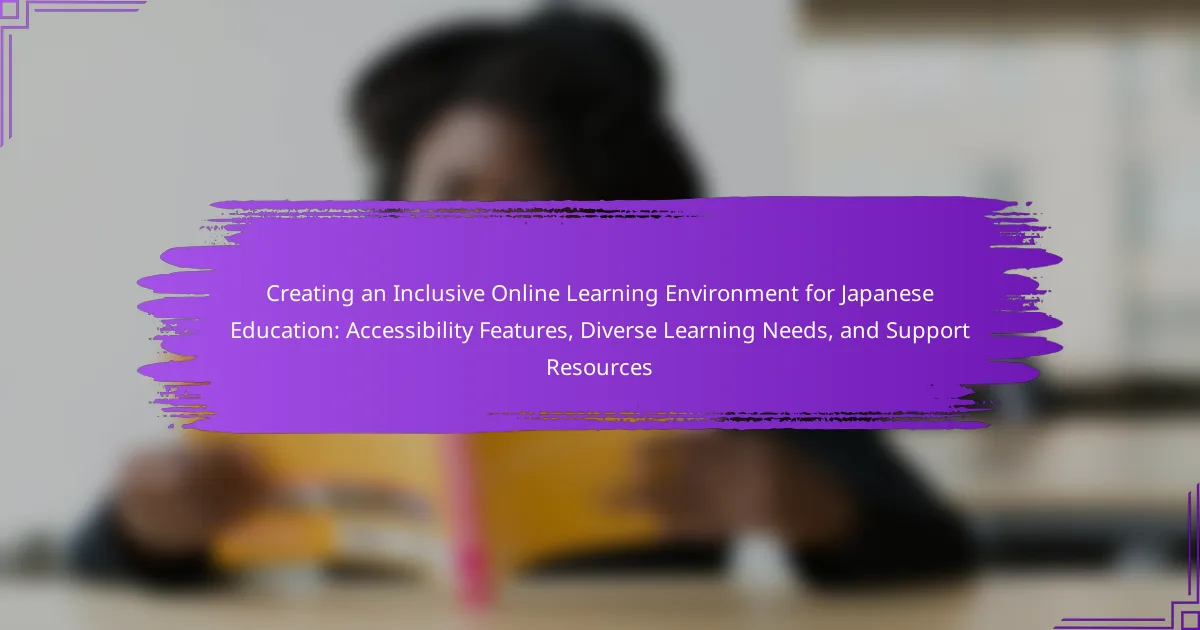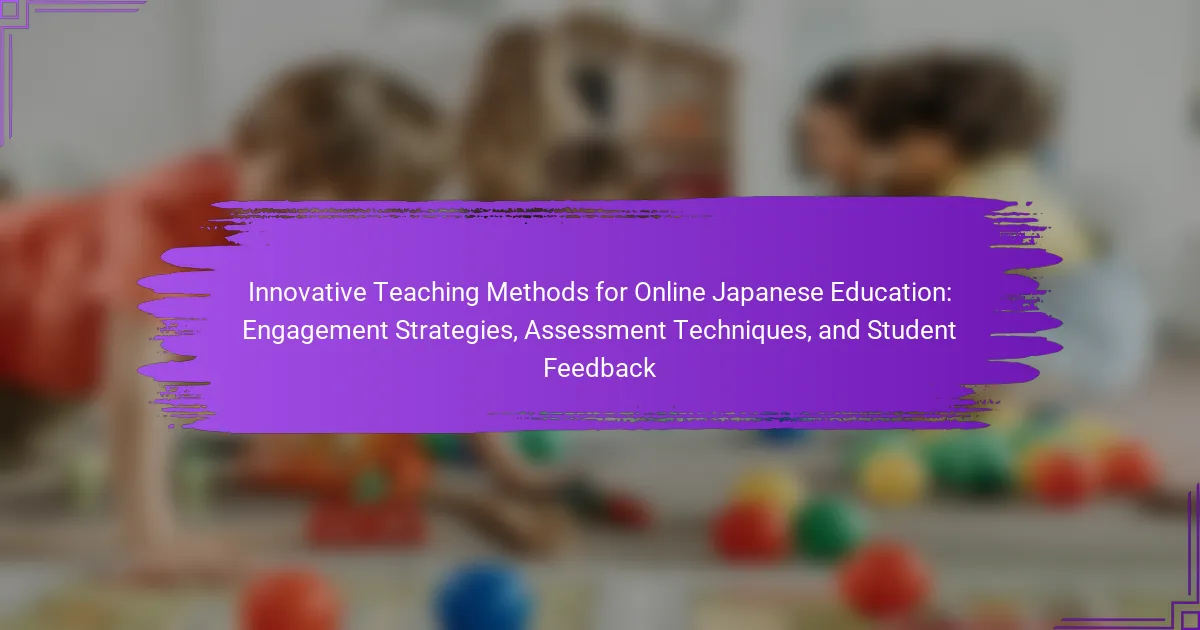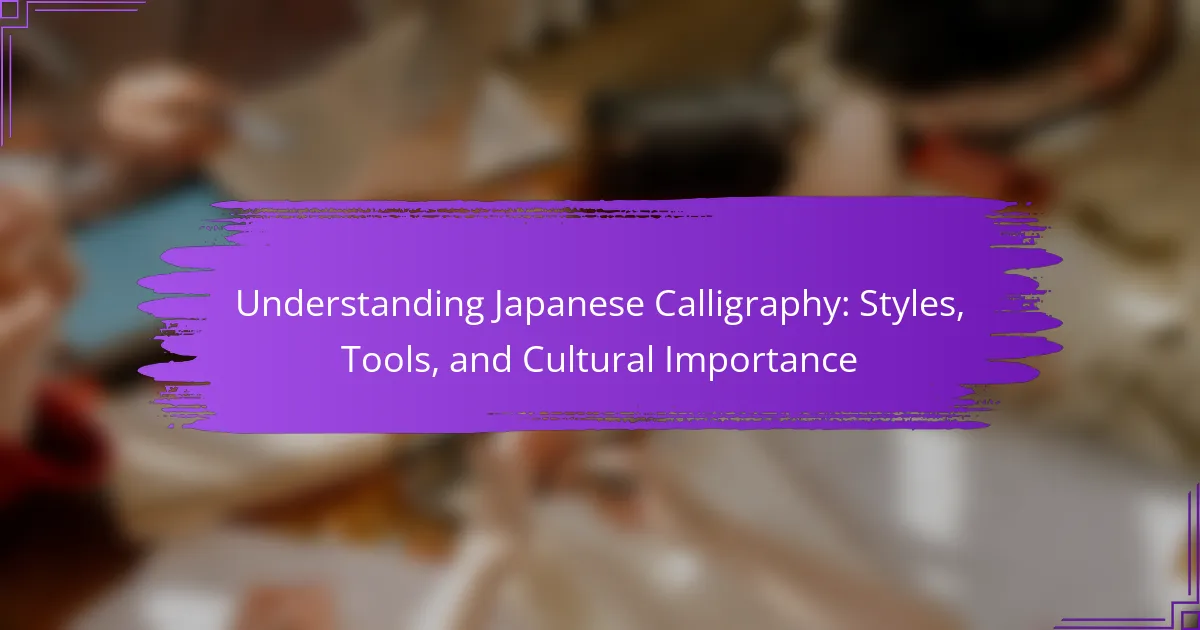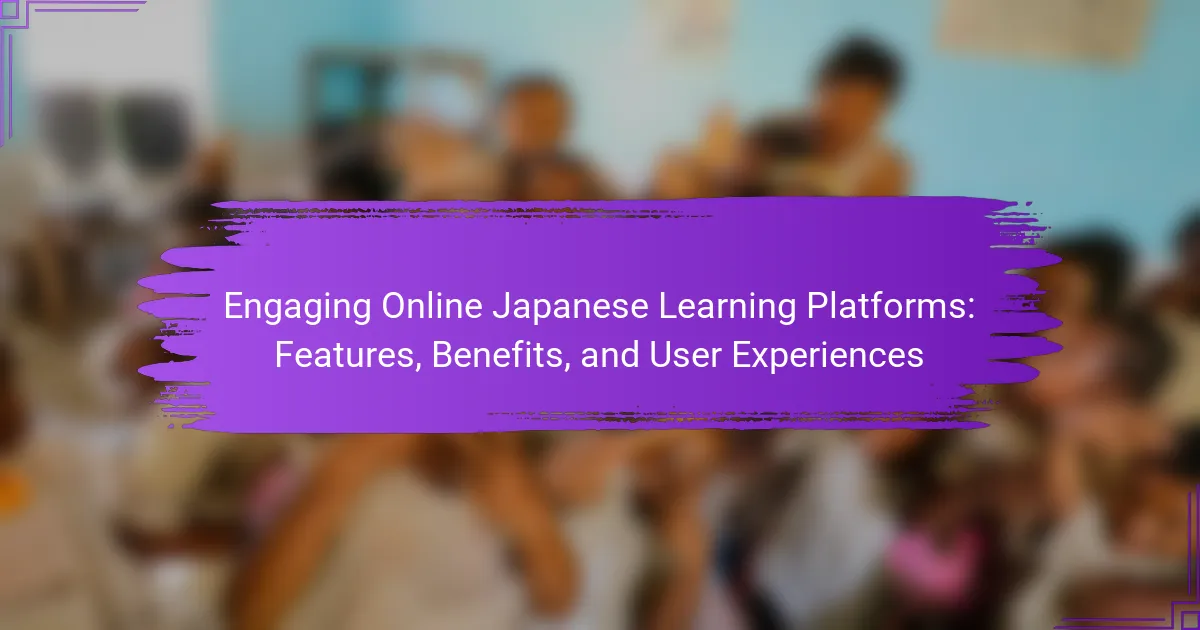What are Engaging Online Japanese Learning Platforms? Engaging online Japanese learning platforms are digital tools designed to facilitate the acquisition of the Japanese language. These platforms often include interactive lessons, multimedia resources, and community features. Popular examples include Duolingo, Rosetta Stone, and Busuu. They provide diverse learning methods, such as gamified exercises and real-time feedback. […]
Welcome to NihongoWeb
Discover the beauty of the Japanese language and culture with NihongoWeb, your premier destination for online Japanese education. Whether you're a complete beginner or looking to refine your skills, we provide resources tailored to meet your unique learning needs. Our platform is designed to make your language journey as engaging and effective as possible.
At NihongoWeb, we believe that learning should be a dynamic and enjoyable experience. With a team of dedicated instructors and a variety of interactive learning materials, we aim to empower you to communicate confidently in Japanese. Join a vibrant community of learners from around the world as you explore the nuances of language, grammar, and pronunciation.
Explore Our Key Features:
- Comprehensive Lessons: Structured modules that cover vocabulary, grammar, listening, and speaking.
- Interactive Exercises: Hands-on activities to reinforce learning and boost retention.
- Cultural Insights: Discover the rich traditions and customs that shape the Japanese language.
- Live Tutoring: Personalized support from experienced instructors available at your convenience.

Strategies for Maintaining Motivation in Online Japanese Courses: Tips, Tools, and Student Insights
What are Effective Strategies for Maintaining Motivation in Online Japanese Courses? Effective strategies for maintaining motivation in online Japanese courses include setting clear goals, creating a structured study schedule, and engaging with interactive content. Setting specific, measurable goals helps learners track progress. A structured schedule promotes consistency and discipline in learning. Interactive content, such as […]

Creating an Inclusive Online Learning Environment for Japanese Education: Accessibility Features, Diverse Learning Needs, and Support Resources
What is an Inclusive Online Learning Environment in Japanese Education? An inclusive online learning environment in Japanese education is a digital space designed to accommodate diverse learning needs. It integrates accessibility features to support students with varying abilities. This environment promotes equal participation and engagement for all learners. It includes resources like assistive technologies, adaptable […]

The Future of Japanese Language Learning + Trends + Technological Innovations
What does the future of Japanese language learning look like? The future of Japanese language learning is increasingly influenced by technology and personalized learning experiences. Advancements in artificial intelligence and language learning apps are making the process more interactive. Tools like speech recognition and augmented reality are enhancing immersion. Virtual classrooms are becoming more common, […]

Understanding Japanese Grammar Fundamentals + Key Concepts + Practical Applications
What are the fundamentals of Japanese grammar? Japanese grammar fundamentally relies on a subject-object-verb (SOV) structure. In this structure, the subject comes first, followed by the object, and finally the verb. Particles are crucial in Japanese grammar; they indicate the grammatical function of words. For example, “” (wa) marks the topic, while “” (wo) indicates […]

The Impact of Anime on Japanese Culture: Themes, Genres, and Global Influence
What is the impact of anime on Japanese culture? Anime significantly influences Japanese culture by shaping societal norms, fashion, and entertainment. It has become a prominent form of artistic expression in Japan. Themes in anime often reflect traditional values and modern issues. This medium has also contributed to Japan’s global cultural identity. The success of […]

Innovative Teaching Methods for Online Japanese Education: Engagement Strategies, Assessment Techniques, and Student Feedback
What are Innovative Teaching Methods for Online Japanese Education? Innovative teaching methods for online Japanese education include interactive platforms, gamification, and personalized learning experiences. Interactive platforms like Zoom and Google Classroom facilitate real-time communication and collaboration. Gamification incorporates game elements to enhance motivation and engagement in language learning. Personalized learning experiences adapt to individual student […]

Mobile Apps for Learning Japanese: Features, Benefits, and User Engagement Techniques
What are Mobile Apps for Learning Japanese? Mobile apps for learning Japanese are digital tools designed to facilitate language acquisition. These applications offer interactive lessons, vocabulary training, and grammar exercises. Examples include Duolingo, Rosetta Stone, and Anki. They often feature gamification elements to enhance user engagement. Many apps provide audio pronunciation to aid listening skills. […]

Japanese Grammar Guides: Key Concepts, Usage Examples, and Practice Exercises
What are the key concepts in Japanese grammar? Key concepts in Japanese grammar include particles, verb conjugation, sentence structure, and honorifics. Particles are small words that indicate the grammatical function of words in a sentence. Common particles include (wa), (ga), and (o). Verb conjugation changes the form of verbs to express tense, mood, and politeness. […]

Understanding Japanese Calligraphy: Styles, Tools, and Cultural Importance
What is Japanese Calligraphy? Japanese calligraphy, known as “shodō,” is the art of writing characters with brush and ink. This practice emphasizes the beauty of form and fluidity of movement. Shodō combines aesthetics with the expression of emotion. It is deeply rooted in Japanese culture and history. The technique involves using different brushes and ink […]
